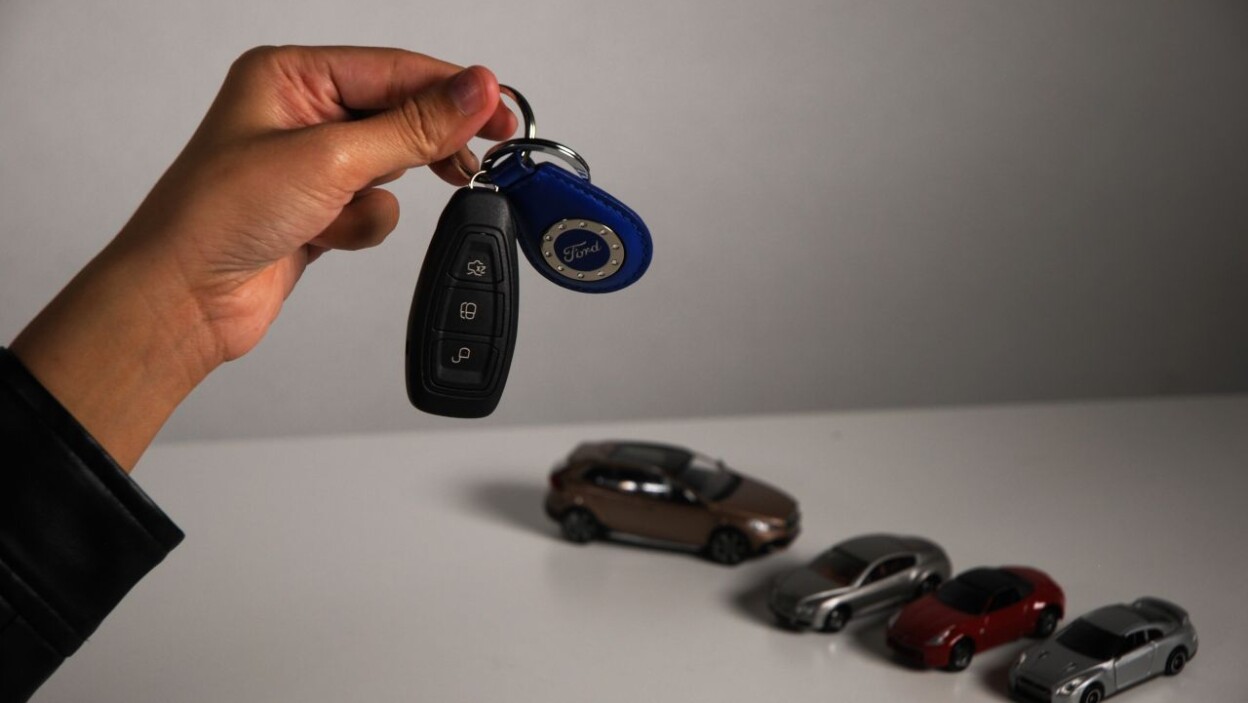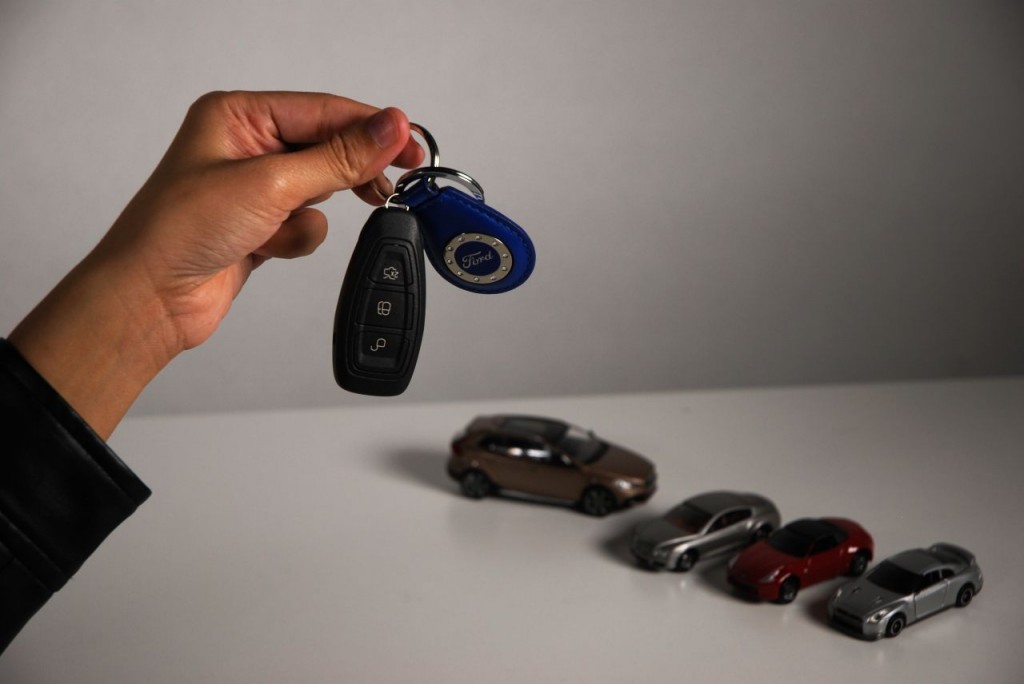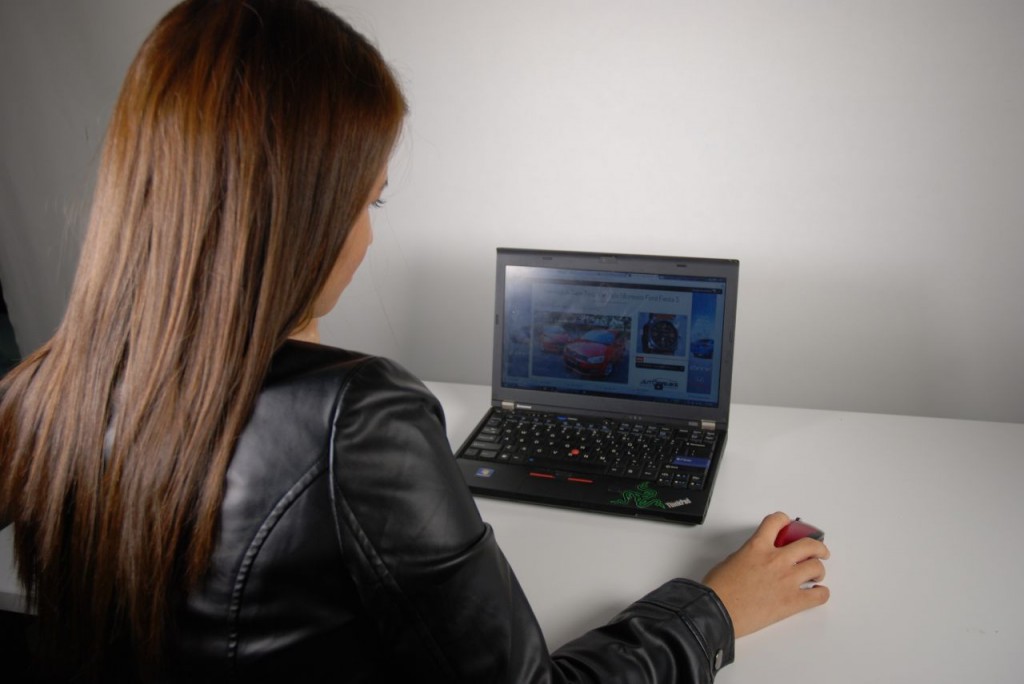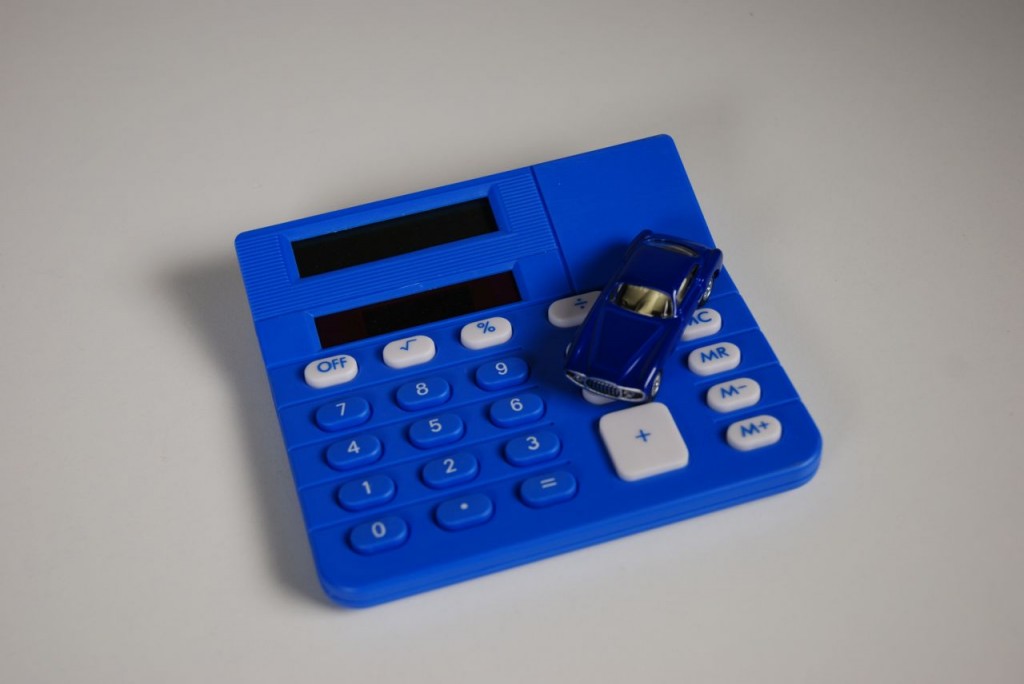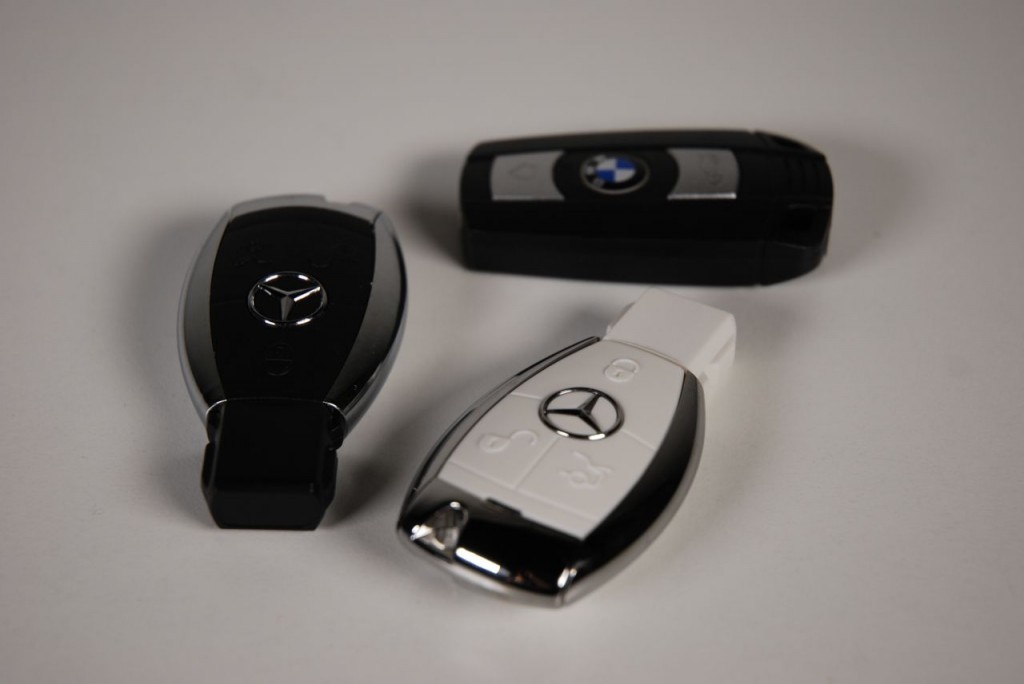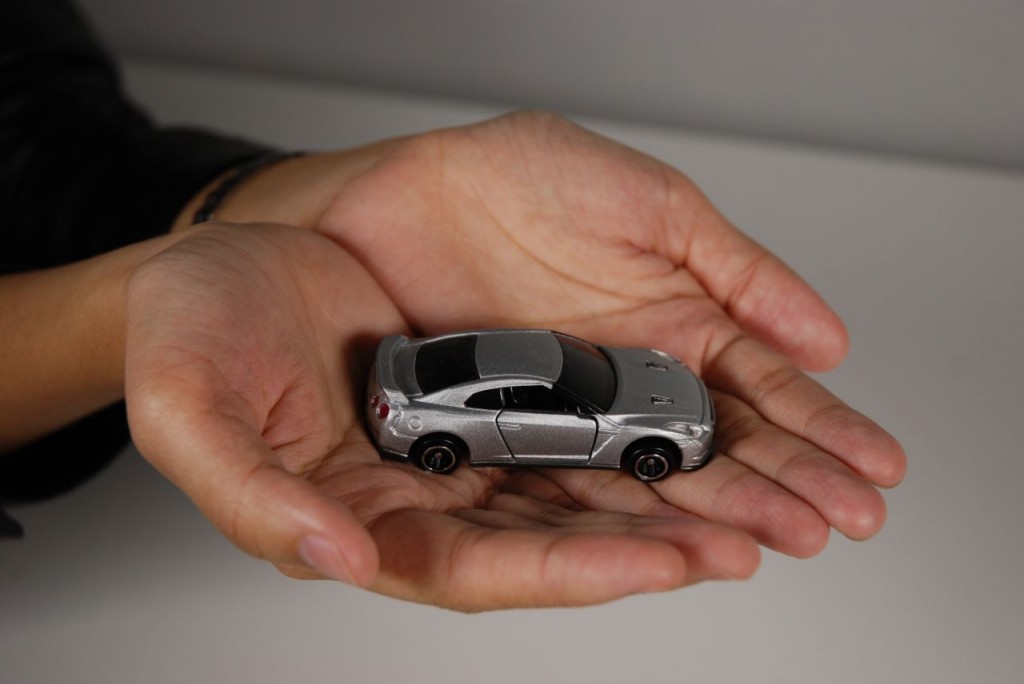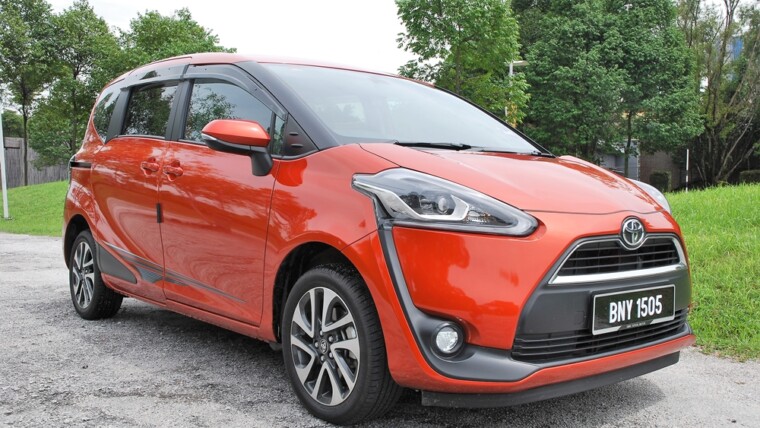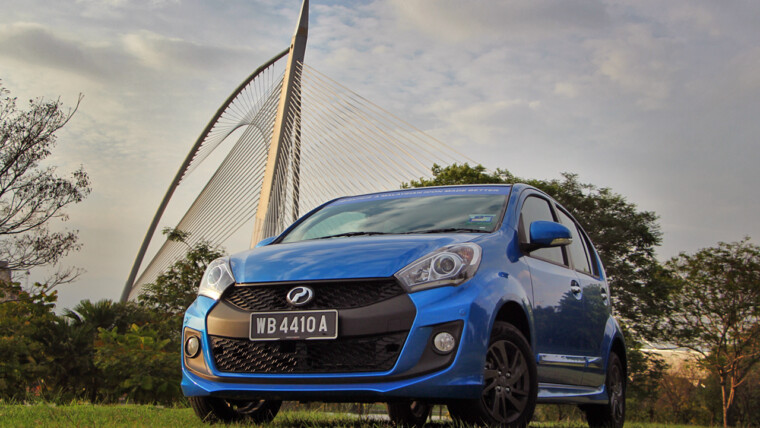You have just graduated from university with a degree or diploma and you’ve just nailed that job in a big firm. Yay! Suddenly you find getting to and from the office is a little bit of a hassle without a vehicle so you decide that perhaps it’s about time to buy your first car.
But where do you start? Do you stomp into the first dealership across the street and ask for the cheapest car around? Hold on to your thoughts and read this article first if you have no idea what you should do, because we do!
1) Do your research!
True, consumers who are not car enthusiasts normally buy a car from the first visit to the nearest dealership. Although choosing a local brand of vehicle is good in order to support the Malaysian economy, if you don’t take you time to shop around after deciding what you’ll be using the car for mostly, how will you know that you’ll be getting the best car for needs?
The first rule of purchasing a new vehicle is to spare some time to visit several car dealers to see what’s in the market right now, of course you can also do this online, but nothing beats actually seeing the car in the flesh. This will allow you to see what cars you feel are more suitable for your needs, and you can come up with a short list of your favorites. It’s important to know that even if you are only buying a local brand, you are actually about to make an expensive, long term purchase, and taking the time to do your research might benefit you in the long run in terms of trade-in value, fuel economy and whatnot.
If you are a first-time car buyer with an entry-level salary, perhaps you should consider buying a second hand vehicle which you can read here, in AF’s guide to buying a used car. Or this other article about buying a car that’s less than RM10k for cash.
2) Visit your nearest showroom or car dealer
Once you have done your research, now it’s time to visit the showroom. The most important thing to do is to let the salesman know what you are looking for. Ask to arrange a short test drive around the block so that you’ll get to feel comfortable with the car that you may purchase.
It is very important that you take control of the drive rather than making the salesman do all the talking. You should also take your time getting the perfect seating position, steering feel, mirror adjustment, etc. before hitting the road. If you are buying a vehicle for your family, you should consider trying the back seats and the passenger seat as well. And don’t forget to ask about the safety features, levels of equipment, warranty and the maintenance information of the car you are about to purchase.
3) Enquire about financial information
Before you make your purchasing decision, you’ll need to know if your car monthly payments fits your budget. But before you jump into the payment issues, haggle on the total price of the car. Ask them how much of a down-payment you will have to pay, and what are the interest rates for your loan and for how long. You could download an auto finance calculator to help you with the maths. The most important thing is that you work out the best price for the vehicle and then ask the dealer what kind of loan options they are willing to offer. Don’t forget that the total sale price of the vehicle may or may not include insurance and on-the-road the road tax, therefore make sure that you keep that in check.
4) Buy something you can afford
It’s a forgiving nature to dream big and want a Ferrari. But when you are shopping for your first car, think about the long term commitment that you will be making and whether it is reasonable to buy that Toyota 86 with your RM3500 paycheck. You should also think about where you want your life to be in the next few years; are you going to be raising a family and are you going to be able to make all the monthly payments and fuel bills for your vehicles? Let’s not forget that buying a car is just a part of the whole financial process, there are also fuel bills, car maintenance fees, yearly insurance and road tax that needs to be factored into the equation.
Therefore, the best thing to do is to be more realistic in your purchasing decisions. You should purchase a car that you can actually afford in real-life rather than paying lots of money for the something that you won’t be able to fully utilise. Be practical.
5) Be wise in your purchasing decision
While a lot of buyers out including myself talk themselves out of buying the car they really want because it’s too expensive, you are more likely to regret it at the end of the day for not buying the car they really wanted.
Therefore, you should also buy a car that you really want, provided that you can afford it. Because if you buy a car that you like, you will be proud of it, and are more likely to take good care of it and maintain it, which will save you money in the long run. If you buy a car you don’t really like, you are more likely be in a hurry to trade your car for a new one and it will cost you more and benefit you less, because remember, there’s always depreciation to consider.
This was just the beginning, the tip of the iceberg so to speak. In the next instalment, we’ll delve into the car ownership experience and also, what to do when something bad happens on the road. Stay tuned!
Other posts by AF Newsdesk

